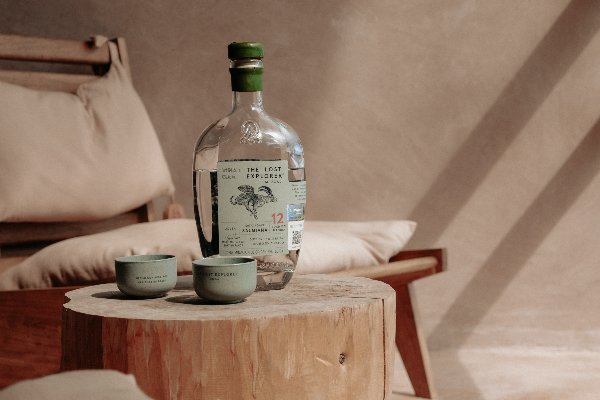This article first appeared in our Earth Day 2022 issue of My Green Pod Magazine, printed on 22 April 2022. Click here to subscribe to our digital edition and get each issue delivered straight to your inbox
If you’re not yet familiar with mezcal, expect to see it soon: the world’s fastest-growing spirits category shows no sign of slowing.
A Future Market Insights study estimates a rise of nearly 18% – to $840m globally – by the end of 2022.
‘Mezcal is more than just a drink’, explains Tanya Clark, The Lost Explorer Mezcal’s CEO. ‘Within Oaxacan culture mezcal is a social, cultural and
historical product, and that is something that we are both inspired by and seek to celebrate.’
What is mezcal?
The distilled Mexican spirit is made from 100% agave but, unlike tequila, mezcal can be made from more than one variety.
Its name comes from Nahuatl mexicali, which means ‘oven-cooked’ agave. The piña are roasted in conical earthen ovens – lined with volcanic rock, reclaimed local wood, soil and river stones – covered with soil and left for three days. The agave is then allowed to rest and cool for a further two to three days prior to distillation.
The process of making mezcal requires patience and expertise; on average the agaves used in The Lost Explorer Mezcal spend eight to 12 years reaching full maturity in Valles Centrales, Oaxaca.
The taste profile is influenced by the agave variety and where and for how long the agave has grown; the longer an agave is left to mature, the longer it has to soak up the elements of nature – and the richer its flavour.
The traditional (and many would say best) way to drink mezcal is to sip it neat, at room temperature, out of a clay copita (cup).
‘At The Lost Explorer Mezcal we recommend sipping slowly and curiously to savour and fully appreciate the craft and complexity behind each mezcal varietal’, Tanya tells us. ‘We also recommend experimenting with mezcal in a variety of reimagined cocktails, such as an Earthy Paloma, a Negroni or a Mezcal Margarita. There are many different flavours for drinkers to explore and for bartenders to experiment with.’
An art of patience
Growing and hand-harvesting the piña in Oaxaca’s arid and sun-soaked valley requires an approach that is deeply in tune with the rhythms of nature; each of The Lost Explorer Mezcal’s three agave varietals – espadín, tobalá and salmiana – has its own quirks that must not be ignored.
At The Lost Explorer Mezcal, Don Fortino Ramos – an internationally recognised and award-winning maestro mezcalero based in Oaxaco – is responsible for the final selection of the agave. A self-taught first-generation mezcalero, he has been perfecting his craft for over two decades.
 Play Video about This Rock Might Just Save The World
Play Video about This Rock Might Just Save The World Play Video about Play 2 hours of rock
Play Video about Play 2 hours of rock Play Video about Play 2 hours of brook
Play Video about Play 2 hours of brook Play Video about Play 2 hours of sheep
Play Video about Play 2 hours of sheep











































